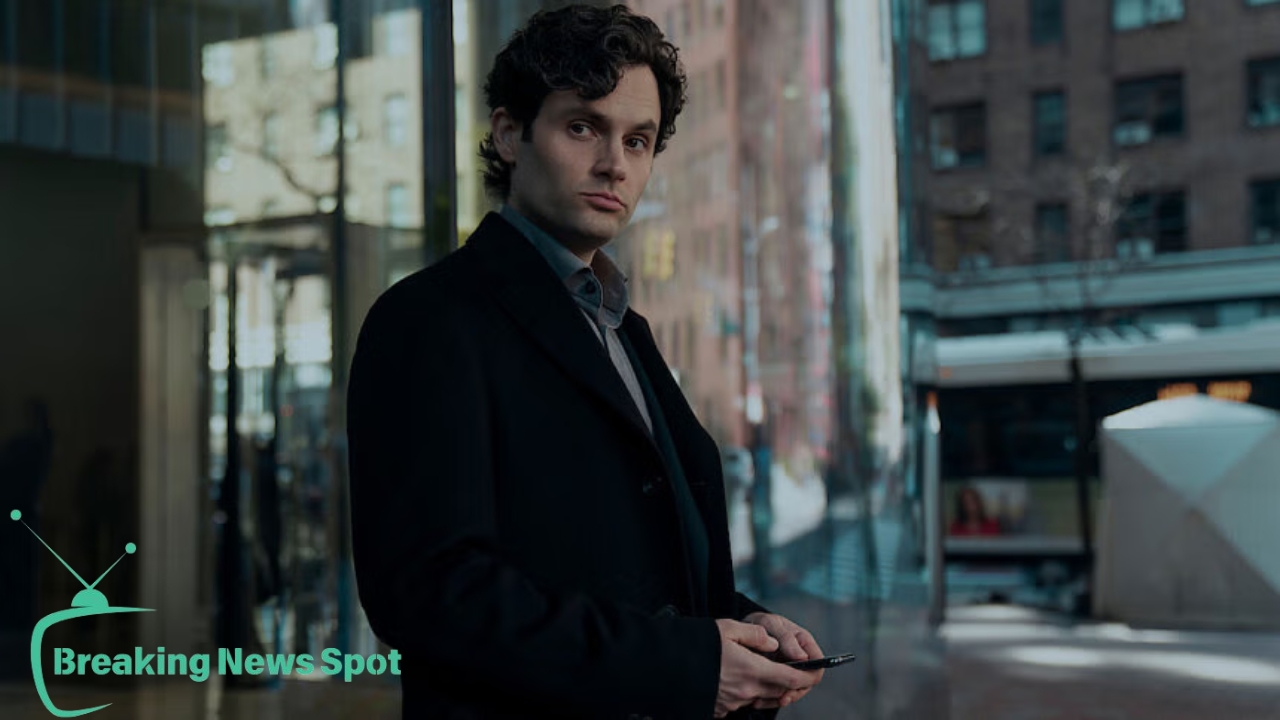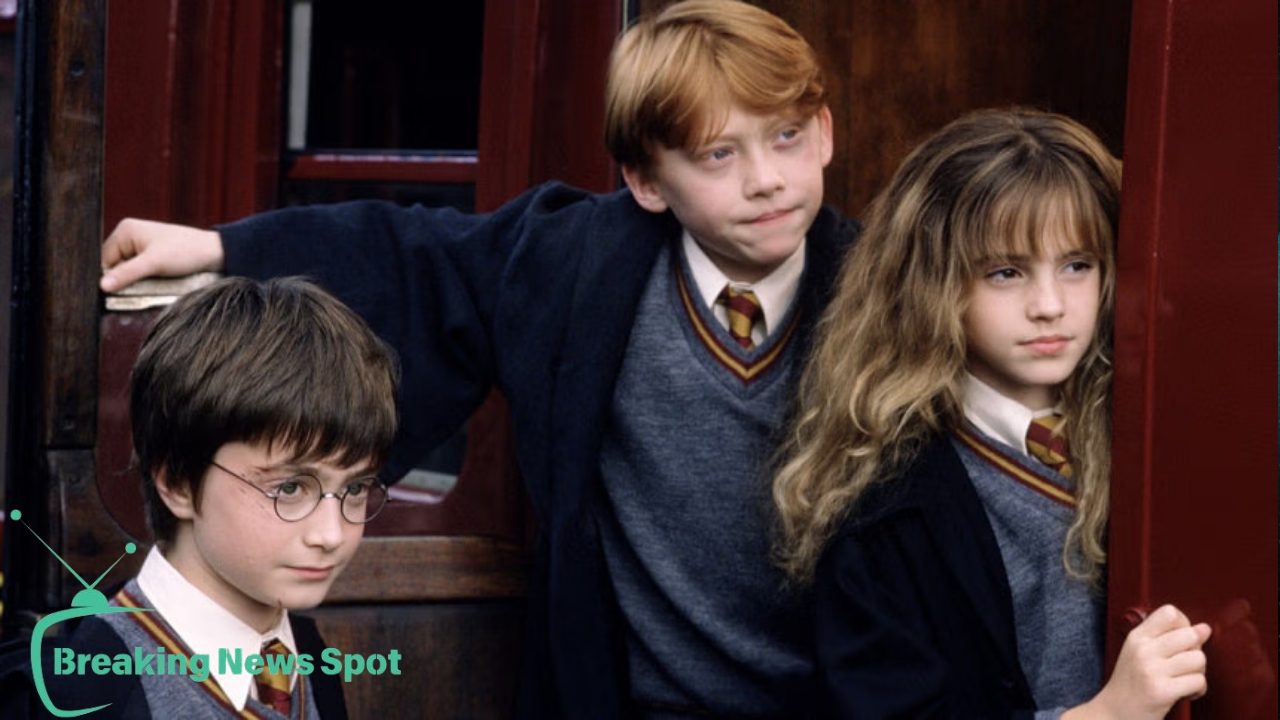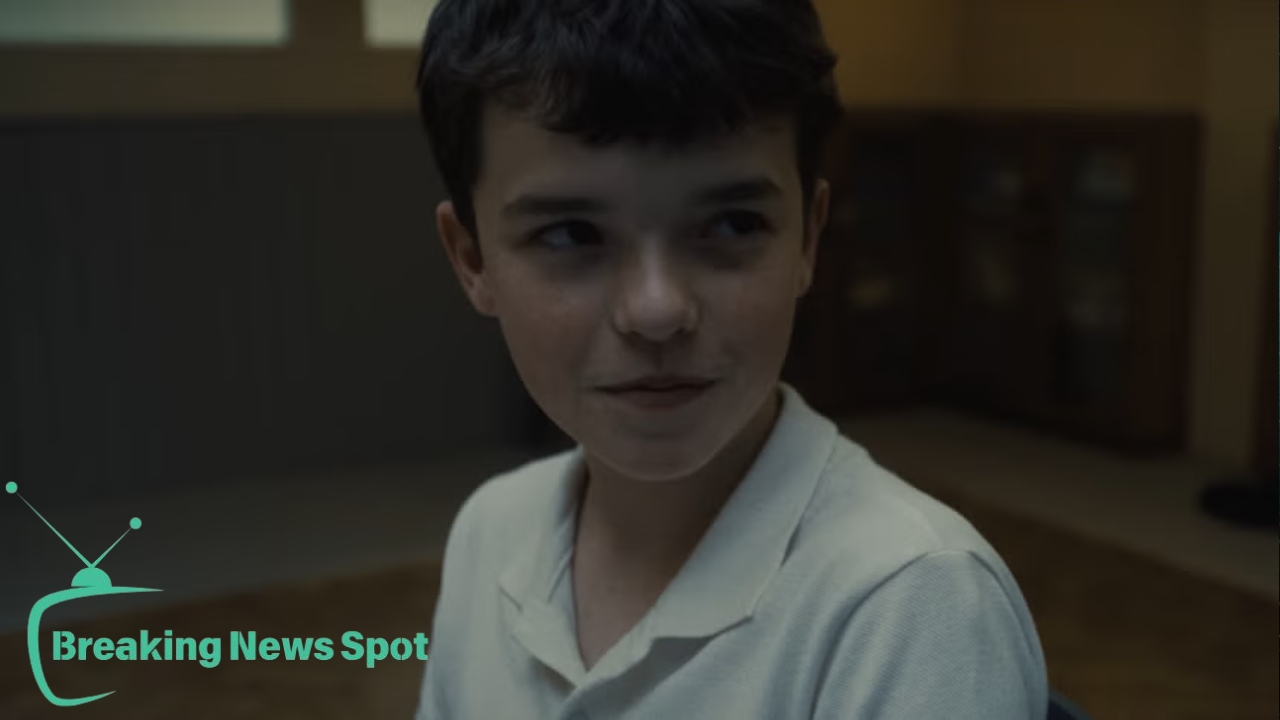Entertainment
The famous Jilapi controversy: Mota vs. Chikon

Have you ever considered how Jilapi divides a country? Let us encourage you to think that way if you haven’t already. Even though ghee, flour, and sugar are the same basic components, jilapi—with its two swirly variations—has inexplicably emerged as the most contentious dish on the iftar table. To see the chikon jilapi fans leaving like an opposition party skipping a parliamentary session, simply drop a mota jilapi into the murimakha. But let’s avoid politics for the moment; our goal is to clarify this long-standing argument between mota jilapi and chikon!
We have asked various Jilapi supporters for their opinions in order to better grasp the essence of this discussion. The outcomes? A whirlpool of viewpoints!
“The best is ghee-fried chicon jilapi. Ismot Hasnine, a chikon jilapi devotee, contends that it is crunchy and does not feel like you are biting on a rolled-up sponge. “Those who don’t comprehend jilapi should use mota jilapi. It’s really needless, like picking for a jumper in the heat.
Hasnine’s friend Rakibul Islam, a health-conscious individual, is also rallying behind chikon jilapis. “If I’m going to have something deep-fried and sugary, at least let it have some structural integrity,” says Rakibul. “Mota Jilapis just collapses under its weight, like my willpower in front of a plate of biriyani.”
According to Jemim, a student and seasonal writer, “Thick jilapis is just fried dough masquerading as dessert.” Instead of sitting in your stomach like an edible brick, true jilapis should have a delicate crunch and an airy crisp that dissolves in your lips.
A pupil comments on Biva, “Chikon Jilapis is like poetry in a spiral—light, delicate, and doesn’t make me feel guilty after eating five or ten.” I adore it so much with Rabi.
On the opposite side of the conflict, supporters of mota mock the alleged “crunch revolution” of chikon!
” Nusrat Shahana, who is adamant that larger is preferable, declares, “That’s just a brittle excuse for dessert.” “A genuine jilapi should be unreservedly soaked in shira (syrup), fat, and juicy. “If your fingers aren’t sticky, are you even eating jilapis?” Says Shahana.
Then there’s Hasan, a banker who believes that a thick jilapi is best enjoyed slowly. “Chikon jilapis ends far too soon! The experience of mota jilapis is unique. It’s almost like therapy, he says, “you bite, you chew, you let the syrup melt in your mouth.”
“Mota jilapis is more than simply crispy air—it’s actual substance! Tanvir, a snack champion, says, “Mota jilapis gives you something to chew on—literally!”
Children are also involved in the discussion. Chikon jilapis shatters very easily! Little Ayaan, whose mouth is full of syrup, remarks, “I like how mota jilapis lasts longer.”
Who would have guessed that such a fierce competition could be sparked by such a basic mixture of sugar syrup, ghee, flour, cinnamon, baking soda, and an absurd amount of oil? Both sides are accused of moral superiority; supporters of mota jilapi accuse their competitors of being shallow and prioritising appearances over true taste. Fans of Chikon jilapi respond by accusing the opposing side of being lazy and unappreciative of culinary artistry. The few people who aren’t sure just eat whatever jilapis is on hand while amusingly observing the debate.
In this whirlpool of controversy, where do you stand? Are you a member of Team Mota or Team Chikon? Or are you one of the few who thinks that all jilapis are deserving of the same amount of love? There is no denying that all jilapi, whether they are crispy or wet, thick or thin, ultimately end up being eaten!
Entertainment
He keeps us watching “You” Season 5 one final time.

It’s safe to say that few characters in modern television have been able to both enthrall and distress viewers in the same way as Joe Goldberg. Netflix’s psychological thriller “You” features Penn Badgley as Joe, who has pursued, manipulated, and killed his way through multiple dream towns over the course of five seasons. His journey has been as much about place as it has been about pathology, from the literary hotspots of New York to the bright superficiality of Los Angeles, from suburban anarchy to the gothic eerieness of London. The show’s crispness and thematic coherence that first made it a breakout success are restored in the final season when it returns to its original setting, New York City.
Joe is once again Joe Goldberg this time. Not Bettelheim, Will. Not Jonathan Moore. No, not Rhys Montrose. As he returns to his life in the city that formed him—or, more properly, revealed him—the shifting identities that have long permitted him to avoid punishment vanish. Joe appears to have adapted to a life of domesticity and affluence after being married to Kate Lockwood (Charlotte Ritchie), a billionaire heiress who is committed to using philanthropy to restore her family’s history. He is raising his son Henry as a member of a freshly formed nuclear family after being reunited with him. However, it just takes a few narrative beats for the illusion to fall apart, even with the carefully maintained serenity. Joe’s compulsions start to resurface as Kate’s philanthropic endeavors bring her back into contact with her ethically questionable family, a bunch of incredibly wealthy and cunning aristocrats. Kate’s half-sister Reagan, played by Anna Camp, who also plays Reagan’s twin Maddie, is a major driving force. One of the season’s strongest points is Camp’s dual role, which lets the program indulge in both threat and humor. Maddie provides a sweet, albeit innocent, counterpoint to Reagan’s icy, acerbic, and brutally calculating demeanor. Collectively, they create a brand-new arena for conflict over perception and power inside the Lockwood empire.
Season 5 makes extensive use of prestige TV cliches, emulating “Succession” in its portrayal of dynastic ambition, corporate power struggles, and family betrayals. But the plot of “You” has always been profoundly psychological. Joe is more of an unreliable narrator whose distorted morality puts him in constant battle with reality than a player in a high-stakes corporate drama. The genius of the program is that, despite being given a front-row seat to his mental defenses, rationalizations, projections, and self-mythologizing, many viewers nevertheless find themselves unaccountably supporting him. Over the course of five seasons, this show has perfected the use of contradiction. Objectively speaking, Joe is a monster, a stalker, a manipulator, and a killer, but Badgley’s portrayal balances that monstrous with just the right amount of charm and sensitivity to create a sense of discomfort. Even if his viewpoint veers into the unacceptable, audiences are made complicit. The moral tightrope is traversed with greater assurance in Season 5 than it has in previous seasons. This last installment avoids narrative gimmicks and returns to the central question: Can Joe ever fully escape himself? Season 4 was criticized for its digression into noir-esque hallucinations and a quasi-antihero redemption arc.
Naturally, the answer is no. The thread that breaks Joe’s last façade is the season’s introduction of Bronte (Madeline Brewer), a clever, mysterious dramatist who has an interest in literature, particularly Guinevere Beck’s posthumous novel. Bronte is not like the ladies Joe has been obsessed with in the past. Their relationship evokes the intensity of the show’s previous seasons, her secrets confuse him, and her knowledge and self-awareness test him. She is neither a victim nor a predator in the conventional sense, and Brewer’s development over the course of the season reveals a narrative subversion that “You” has desperately needed. Her nuanced portrayal keeps viewers guessing. The psychological stakes are significantly higher, the violence is more controlled, the deaths are more planned, and there are fewer bodies this time. This tension results from Joe’s declining capacity to uphold the reputation he has so diligently built. Due to his marriage, Joe has transformed from a mysterious outsider to a well-known public person, and vulnerability comes with fame. His biggest protection used to be his obscurity, but now it weighs heavily on him.
The season benefits from a more realistic visual aesthetic from the director. New York is now a character, teeming with vitality and memory, rather than merely a setting. It’s more than just a sentimental throwback to Mooney’s bookshop, complete with its notorious underground glass cage. It is a metaphor for Joe’s captivity. He stays bound to his history and his need for control no matter how far he travels, how many identities he takes, or how hard he tries to change who he is. Closing story cycles without using emotion is another area in which Season 5 shines. Whether through flashbacks or confrontations, familiar faces reemerge in ingenious, frequently unnerving ways. The show accepts the unsolved messiness of Joe’s past rather than neatly wrapping everything up.
At the end, “You” maintains its central theme throughout. There is no attempt to sanitize Joe’s transgressions or to impose a redemption path. He’s still a dangerous and seriously flawed man, and maybe even more so now that he’s learned to justify his violence as an act of love or loyalty. While the narrative implies a finish, the last moments allude to the possibility of further instability.It reminds us of the series’ original appeal: its unnerving closeness to a murderer’s innermost thoughts, its capacity to sharply and stylizedly attack contemporary romance, class, and obsession, and its refusal to let the spectator off the hook. Joe Goldberg is neither an antihero nor a hero. He comes from a culture that values charm over morality and good looks above responsibility. Without a doubt, “You” is still among the most thought-provoking psychological thrillers of its day for holding up that mirror.
Entertainment
‘Harry Potter’ series reveals six key cast members

Finally, the eagerly anticipated casting announcement for the next “Harry Potter” television series has arrived. The first six names of the actors who will play important adult characters in the Wizarding World revival have been formally revealed by the studio, following months of fan hypotheses and rumors circulating online.
Following in the footsteps of Richard Harris and Michael Gambon, who played the Hogwarts headmaster in the film series, legendary actor John Lithgow leads the cast in his crucial role as Albus Dumbledore. As he told ScreenRant, Lithgow, who will age 80 this year, “Well, it came as a total surprise to me… it was not an easy decision because it’s going to define me for the last chapter of my life, I’m afraid.” He continued, “But I’m very excited… I’ll be about 87 years old at the wrap party, but I’ve said yes.”
Paapa Essiedu takes over the legendary part of Severus Snape, who was immortalized on screen by the late Alan Rickman, while Janet McTeer has been cast as Minerva McGonagall. The part of Rubeus Hagrid, played by the late Robbie Coltrane (billed as Anthony Robert McMillan), will be played by Nick Frost. Until the casting was verified by the formal release, Frost had constantly denied the rumors that he was involved.
Paul Whitehouse, who will play the irascible Hogwarts custodian Argus Filch, and Luke Thallon, who will play the anxious Defense Against the Dark Arts professor Quirinus Quirrell in a recurring role, are both joining the cast.
The production crew made the official announcement yesterday. “We’re delighted to have such extraordinary talent onboard, and we can’t wait to see them bring these beloved characters to new life,” said director Mark Mylod and showrunner and executive producer Francesca Gardiner in a joint statement.
The greatest mystery still stands: who will play Harry, Ron, and Hermione? Fans are rejoicing with the selection of these accomplished performers. Anticipation is maintained by the fact that those names have not yet been made public.
The first season of the new HBO series, which will be a faithful adaptation of JK Rowling’s original seven-book story, is anticipated to premiere in 2026. The project’s goal is to rethink the franchise from a different angle, allowing each season to explore the content that influenced a generation in depth.
Entertainment
Netflix’s ‘Adolescence’ may get a surprise season 2

It’s possible that a limited series won’t remain that way long. With 114 million views, Netflix’s popular drama “Adolescence” has risen to the fourth-most-watched English-language series on the service. It is apparently being evaluated for a second season.
Brad Pitt’s Plan B Entertainment is reportedly in preliminary talks with director Philip Barantini over a “next iteration” of the series, according to Deadline. The creative team is considering a sequel that preserves the show’s essence without rehashing the original plot, even though Season 1 wrapped up its tale in a definitive manner.
The original plot and Jamie’s trial would not be continued in this suggested second season. Instead, it might center on a different adolescent lead, possibly delving into another traumatizing or criminal scenario in the same raw, emotionally charged manner.
The technical aspect of “Adolescence”—four one-take, hour-long episodes—was one of its distinguishing characteristics; it was commended for its intricacy in acting, choreography, and direction. That distinctive format would probably be the goal of any new season, setting a high standard to meet.
The tremendous success of the first season makes a sequel all but certain, even though co-creator Stephen Graham and breakthrough performer Owen Cooper are unlikely to return. With “Adolescence” predicted to overtake Dahmer in terms of viewing in the near future, Netflix and Plan B seem eager to capitalize on its success.
-

 Tech6 months ago
Tech6 months agoDo you frequently use ChatGPT? A study says that you’re lonely.
-

 Sports6 months ago
Sports6 months agoMessi comes back and scores in less than two minutes.
-

 Sports7 months ago
Sports7 months agoThey will make IPL a hit
-

 Entertainment7 months ago
Entertainment7 months agoDue to his mental health issues, David Kushner has cancelled his tour.
-

 Entertainment7 months ago
Entertainment7 months agoWhy did Juhi reject Salman?
-

 World7 months ago
World7 months agoIsrael continues its Gaza attack, killing a journalist and issuing evacuation orders.
-

 Fashion7 months ago
Fashion7 months agoBefore getting your ears pierced, here are some things to consider
-

 Tech7 months ago
Tech7 months agoXiaomi brings Redmi Note 14














